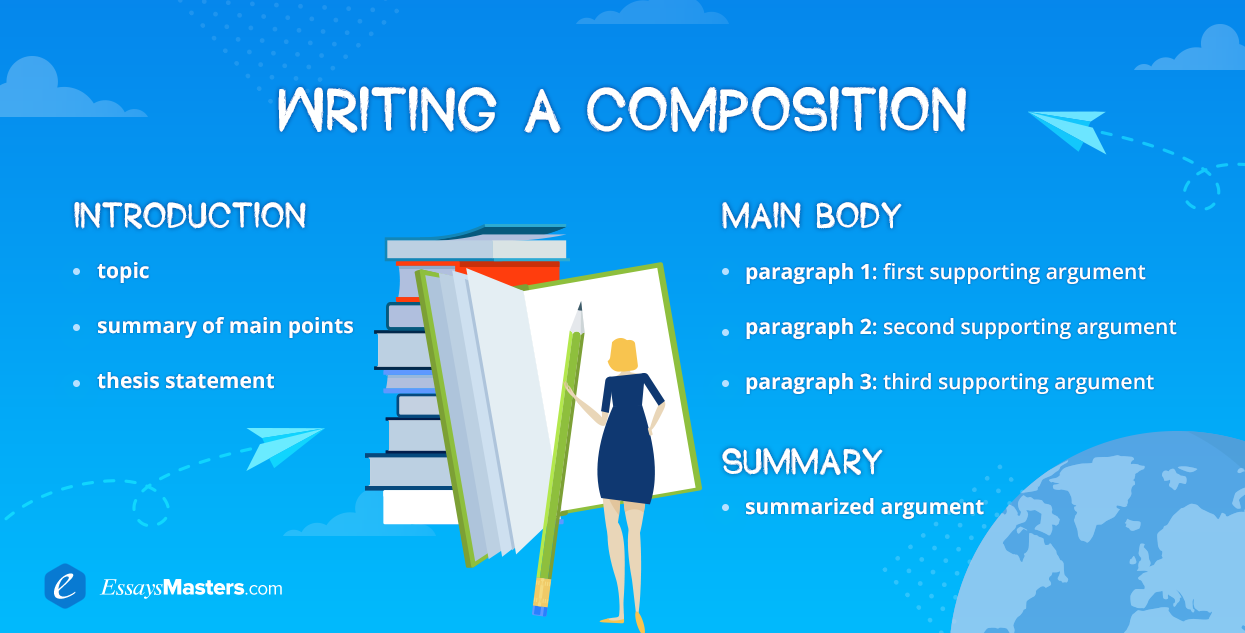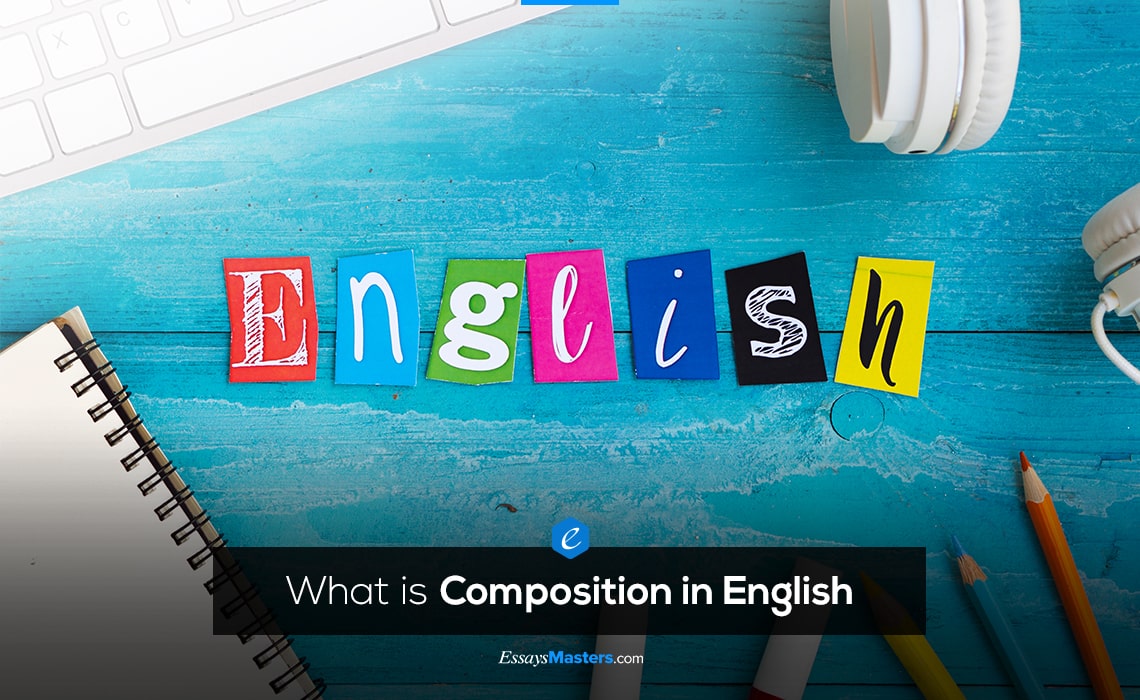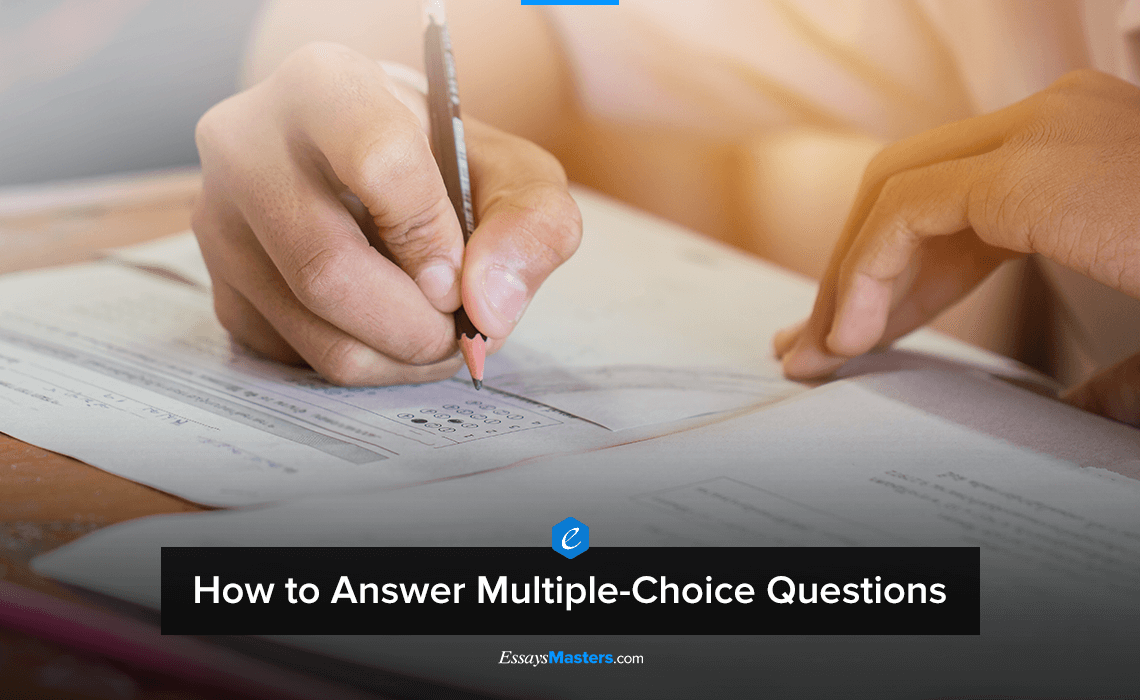Why English Composition Is That Important?
How can you define the notion of English composition? It is surely a crucial skill in writing that is applicable anytime. This is the way something is thought up and structured. The balanced organization is a focal point in anything you do, especially if you complete writing. What English composition does is taking a couple of ideas and transforming them into a coherent piece, so that it would be easily read and understood.
Throughout your college life, you’ll receive numerous composition tasks called essays, term papers, reports, or presentations. Leaving aside the exact type of an assignment you receive, there are some essential points you should remember:
- Questions that you ask and give an answer to;
- Argumentation for and against an issue;
- Plot: what, where, who, why, when, and how;
- Disclosing your own position and supporting it with plausible evidence;
- References serving to support your claims.
During your English classes, you get to know what means to “compose” and how to formulate your ideas in a straightforward manner. Going through the challenge of improving your skills, you eventually learn to write engagingly, clearly, and persuasively.
These are the practical skills you acquire:
- Undertaking research;
- Critical thinking and ability to analyze material you read;
- Applying rhetoric to make you sound encouraging.
Process of Learning English Composition
Components of English composition class may shed light on the true essence of composition itself. Typically, you will be required to learn some theory during this class and then have a number of practical tasks:
- Review and evaluate a certain topic;
- Gathering ideas on the issue you examine;
- Writing a brief outline which would guide you in further writing;
- Composing a thesis statement;
- Getting ready with your first draft;
- Adding up some sources and evidence. Then it is necessary to properly cite them;
- Present your reader a number of questions and then answer them in the course of a paper;
- From general to specific. Choose this strategy and stay within the chosen topic or an aspect described not to get off the track;
- Getting feedback from your professor, group mate, or a friend;
- Take into account feedback you have received and rewrite some fallacies or other elements of your text that seem to be not logical or clear;
- Working on the final draft;
- Paying attention to spelling, grammar, and other problematical points you may find while proofreading.
It is not only composition that you learn through the course, but you also learn how to investigate a topic, find credible sources, and analyze them critically. You would definitely apply these skills in your professional life not depending on the sphere you will be engaged in.
Handy Tips on Completing Composition
We have compiled a basic simple structure you may use for different kinds of assignments. You can adjust it to a concrete task you are working on.

- Introductory section
- Main Body
- Summary
This initial step serves to make a reader familiar with the subject. You should write about the background of an issue. A thesis statement is a truly significant element to include in the introduction. It should cover the general problem, as well as your position regarding an issue that you will be discussing throughout a paper.
In this part, you should develop the thesis that you have presented in the introduction. The main body of a paper is usually devised for telling information on the weak and strong sides, different positions according to a problem and evidence. It would be a nice idea to present the most powerful arguments at last. The essential components of the body are elaboration, illustration, and argumentation. Do not forget to use the transition words that would help you to connect ideas and make it easier to follow your train of thought.
This is a final section where you should make a fully-fledged statement that would distinctly conclude everything stated before. It should be appealing and powerful enough to make a reader pile together all the arguments developed and form a position on the issue presented in a paper.
To conclude, the composition is your strategy to be an effective writer who is able to communicate ideas accurately. Follow the suggested tips through the process of writing and get the desired result. If you are busy and don’t have free time to write your papers, composition writing service can help you to solve this problem.
Writing a Composition in English: Helpful Tips
When working on your composition paper, you need to follow the steps suggested below:
- Keep your composition in English vivid, sharp, and concise;
- Try to avoid using slang as it doesn`t fit the high standards of academic writing;
- Don`t use too sophisticated or complicated words if you are not sure about their meaning as, most probably, you will confuse your reader;
- Keep your sentences short and clear;
- Make sure all your words are supported with strong evidence.
Once you are done with your composition in English, do not forget to revise it, as it will help you find out and fix all the mistakes with the content and mechanics.
Familiarize Yourself with the Main Types of Composition Writing
If you have no idea what is composition, what does composition mean, and how to write a composition paper well, we highly recommend you be very attentive and look through the basic rules gathered by the professional writing experts. According to a common composition definition, there are four standard types of composition writing – narration, argumentation, exposition, and description. Sometimes, the skilled writer may combine these types to create own style. However, if you are a beginner, we advise you to study the basic peculiarities of each of these styles first. By knowing the basics, you will be able to move on and learn additional secrets on how to turn a standard paper into a masterpiece. We assure you that knowing the essential standards of completing composition, you will be able to reach the expected outcome. Providing you with the information on every composition type, we will take Gertrude Stein’s famous poem “A rose is a rose is a rose” for example.
Narrative Essay
A narrative essay is, perhaps, the favorite task of many students as it enables them to talk about their feelings, beliefs, values, and preferences. Very often, a narrative essay makes the student talk about previous experiences and achievements relating them to current feelings. Such an essay aims to present a chain of events or facts to provide the reader with an understanding of what had happened to the writer. Sometimes, the essay may sound dramatic when the writer decides to tell about the frightening or challenging moments of their biography. Very often, this type of essay compositions is used in the application process, where the students are asked to tell the stories of their life. For instance, if you are asked to write a narration story on “A rose is a rose is a rose” you may tell how you have found this poem in a book presented by your grandmother and how this poem became important for your development as an individual.
Argumentative Essay
Also called a persuasive essay, an argumentative essay is a methodological presentation of two or more sides with strong arguments for each one. The writer needs to choose one position and explain why this position is better than the others are. Unlike a narrative essay, an argumentative essay should not sound personal. When writing an argumentative essay about “A rose is a rose is a rose” you may explain why this particular poem is a typical representation of Gertrude Stein`s writing style. When answering this question, you need to back up your arguments with strong textual evidence. If you are going to use extra sources, make sure they are peer-reviewed and credible.
Expository Essay
An expository essay aims to provide a detailed analysis of a specific subject, issue, event, or policy. The main purpose of such an essay is not to describe something but rather to interpret it and explain what makes it unique and authentic. In general, you need to explain a general notion or a specific idea of your subject.
When writing an expository essay on “A rose is a rose is a rose” you need to present your thorough understanding of the key peculiarities of this poem, as well as its role in the artistic work of Gertrude Stein.
Descriptive Essay
As the name suggests, a descriptive essay aims to describe something pointing to its essential characteristics. When writing a descriptive essay, you should not only list the main characteristics but also help your reader feel it painting the picture of the specific thing with the help of words. When you are writing a descriptive essay on “A rose is a rose is a rose,” you may describe the rose itself, its petals, the aroma, and other specific parts that will help your reader imagine the rose and touch to it. Pay attention that when writing on this essay, you should use the most vivid and descriptive language.
Want to know how to write a composition in 40 minutes? Read article!
Do you need help with your assignment?
We write original academic papers on all subject and topic.









